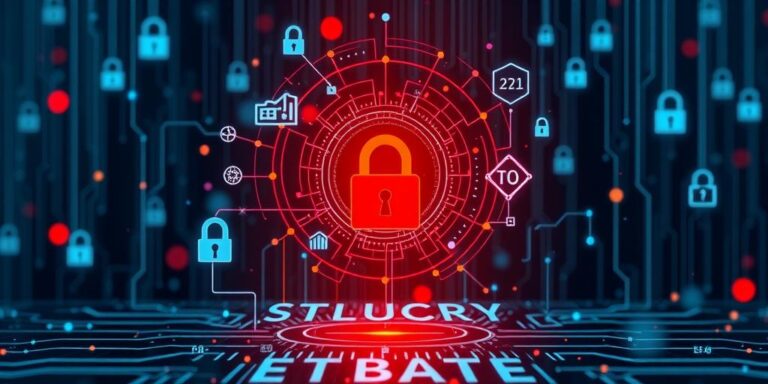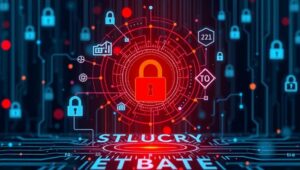The Ethics of Data Collection and Use in Cybersecurity (2025)
In the rapidly evolving landscape of cybersecurity, data is both a shield and a sword. The collection and use of data have become integral to defending against cyber threats, but these practices also raise significant ethical concerns. As we navigate the complexities of 2025, it’s crucial to examine the ethical dimensions of data handling in cybersecurity.
The Dual-edged Sword of Data
Data collection is essential for threat detection, incident response, and proactive security measures. Cybersecurity professionals gather data from various sources to identify patterns, anomalies, and potential vulnerabilities. However, this process can infringe on individual privacy and raise concerns about surveillance and misuse.
Key Ethical Considerations
- Transparency: Organizations must be transparent about the types of data they collect, how it is used, and with whom it is shared. Clear and accessible privacy policies are essential.
- Consent: Obtaining informed consent from individuals before collecting their data is crucial. This includes explaining the purpose of data collection and providing options for opting out.
- Data Minimization: Organizations should only collect data that is necessary for the specified purpose. Collecting excessive or irrelevant data increases the risk of misuse and privacy violations.
- Purpose Limitation: Data should only be used for the purpose for which it was collected. Repurposing data without consent is unethical and potentially illegal.
- Security: Protecting the confidentiality and integrity of collected data is paramount. Organizations must implement robust security measures to prevent unauthorized access, breaches, and data leaks.
- Accountability: Establishing clear lines of accountability for data handling is essential. Organizations must designate individuals or teams responsible for ensuring ethical data practices.
Ethical Frameworks for Data Handling
To navigate the ethical complexities of data collection and use, organizations can adopt established ethical frameworks.
- The Belmont Report: This report outlines three core ethical principles: respect for persons, beneficence, and justice. These principles can guide data collection and use in cybersecurity by emphasizing informed consent, minimizing harm, and ensuring fairness.
- The GDPR: The General Data Protection Regulation sets strict requirements for data protection and privacy. Organizations operating in the EU or processing data of EU citizens must comply with GDPR principles, including transparency, consent, and data minimization.
- The IEEE Code of Ethics: This code provides ethical guidelines for engineers and cybersecurity professionals. It emphasizes the importance of protecting privacy, avoiding harm, and acting with integrity.
Best Practices for Ethical Data Use
- Implement Privacy-Enhancing Technologies (PETs): Use technologies like anonymization, pseudonymization, and differential privacy to protect individual privacy while still enabling data analysis.
- Conduct Regular Privacy Impact Assessments (PIAs): Assess the potential impact of data collection and use on individual privacy and implement measures to mitigate risks.
- Establish Data Governance Policies: Develop comprehensive data governance policies that outline ethical principles, data handling procedures, and accountability mechanisms.
- Provide Training and Awareness: Educate employees about ethical data practices and the importance of protecting privacy.
- Engage with Stakeholders: Seek input from individuals, privacy advocates, and regulatory bodies to ensure data practices align with ethical expectations.
Looking Ahead
As cybersecurity continues to evolve, the ethical considerations surrounding data collection and use will only become more complex. Organizations must proactively address these challenges by adopting ethical frameworks, implementing best practices, and fostering a culture of data responsibility. By prioritizing ethics, we can harness the power of data to enhance cybersecurity while safeguarding individual rights and freedoms.




